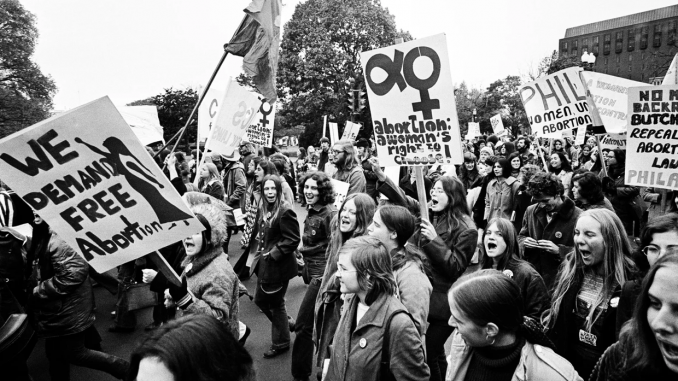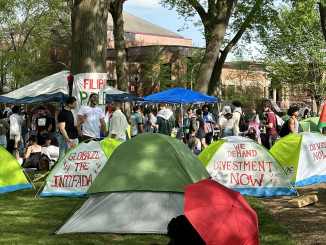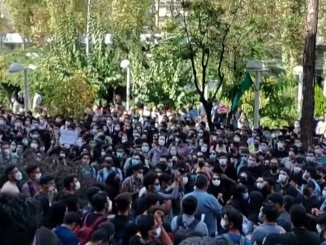
The November 7 elections affirmed something we already knew: a solid majority of people in the United States support people’s right to an abortion and the larger right to make their own decisions about their bodies and their healthcare.
In the typically “red” states of Virginia, Kentucky, Pennsylvania and Ohio, voters either voted against the right-wing politicians who want to control women’s bodies and choices, or voted to expand women’s rights under law. In Ohio most notably, nearly 57% of those voting (2,186,000 votes to 1,675,000 votes) voted to enshrine the right to an abortion up to 23 weeks in the state constitution. This came after last year the Republican legislature attempted to stifle the will of the majority by trying – and failing – to set a higher threshold for putting referendums on statewide ballots. And many Ohio counties that voted for Trump in 2016 and 2020 voted strongly to pass this amendment. Combined with earlier victories for abortion rights in other so-called red states like Kansas, these outcomes are a clear sign that tens of millions nationwide firmly believe that reproductive health decisions should be left to women themselves, not a government run by reactionary men.
But despite Tuesday’s temporary good news, the situation nationwide is still dire. 14 states have total bans on abortion, with a half dozen other states having severe restrictions. And even where a court or an election has temporarily blocked worst-case scenarios, we are still relying on legalistic means to protect our most basic rights. After the Dobbs decision that overruled Roe v. Wade, it should be obvious to us that what is given by business-as-usual politics can easily be taken away.
To guarantee that reproductive and other basic rights aren’t taken away, we must rely on ourselves, not politicians and courts. It was mass mobilizations and demonstrations in the streets in the 1960s and 1970s that won these rights in the first place. It is only our own organizing, including mass mobilization and our presence in the streets, again today that can win back and protect these rights. We must continue to organize and build our power to fight back.




